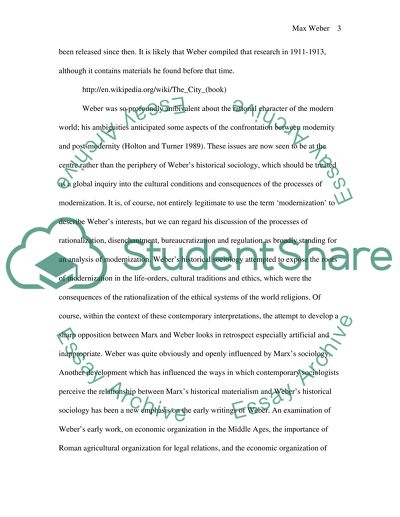Cite this document
(“Sociology of Max Weber Essay Example | Topics and Well Written Essays - 3000 words”, n.d.)
Retrieved from https://studentshare.org/sociology/1534026-sociology-of-max-weber
Retrieved from https://studentshare.org/sociology/1534026-sociology-of-max-weber
(Sociology of Max Weber Essay Example | Topics and Well Written Essays - 3000 Words)
https://studentshare.org/sociology/1534026-sociology-of-max-weber.
https://studentshare.org/sociology/1534026-sociology-of-max-weber.
“Sociology of Max Weber Essay Example | Topics and Well Written Essays - 3000 Words”, n.d. https://studentshare.org/sociology/1534026-sociology-of-max-weber.


